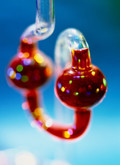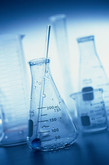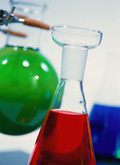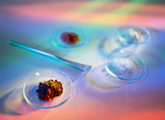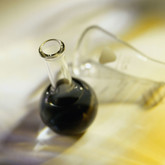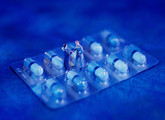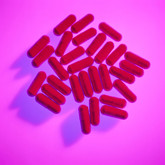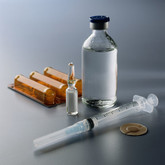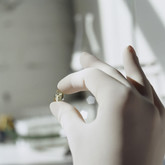Biosimilars
US Supreme Court looks set to challenge Affordable Care Act
The United States Supreme Court is reviewing the constitutionality of the provision in the Affordable Care Act providing that individuals should take personal responsibility for paying for their health care by obtaining health insurance or pay a fine. The move could mean that the Supreme Court rejects the whole healthcare law, including the biosimilars pathway created by the healthcare reform.
Biosimilars approved and marketed in Belgium
Last updated: 18 May 2012
The Federal Agency for Medicines and Health Products (FAMHP), formerly the Directorate-General for Medicinal Products of the Federal Public Service (FPS) Public Health, created in January 2007, is the official authority for medicines and health products in Belgium and is also responsible for authorising biosimilars in Belgium [1]. This is carried out via the EU procedures (centralised, national, mutual recognition or decentralised) and following EMA guidelines for biosimilars.
Daiichi Sankyo and Coherus BioSciences make biosimilars deal
Coherus BioSciences and Daiichi Sankyo announced on 7 May 2012 that the two companies had made an exclusive agreement to develop and commercialise biosimilars of etanercept and rituximab in certain Asian countries including Japan.
Biosimilar filgrastim provides cost savings for treating febrile neutropenia
Professor Aapro and co-authors have performed a cost-efficiency analysis for the three most common granulocyte colony-stimulating factors (G-CSF) products used to treat febrile neutropenia: filgrastim (Neupogen, Amgen) and its biosimilar (Zarzio, Sandoz/Novartis) and the pegylated form of filgrastim, pegfilgrastim (Neulasta, Amgen) [1]. Filgrastim is more cost-efficient than pegfilgrastim for up to 12 days of treatment: beyond 12 days, pegfilgrastim becomes the most cost-efficient of the two. But above all, biosimilar filgrastim is the most cost saving compared to both originator filgrastim and pegfilgrastim.
Also noted on biosimilars: 11 May 2012
Sandoz testimony at FDA hearing on biosimilars will emphasise need for consistent regulatory standards across all biologicals
Sandoz announced on 9 May 2012 that Dr Mark McCamish, Head of Global Biopharmaceutical Development, would present on behalf of the Novartis Group of companies (Novartis) at the 11 May 2012 FDA public hearing on draft guidances for biosimilars.
The message he will convey will focus on the need for a single science-based regulatory standard that FDA should apply across all biologicals, irrespective of the business model of the sponsor. As well as a single standard, Dr McCamish will address the points that biosimilar clinical studies should be only confirmatory and the fact that interchangeability is critical to maximising access to affordable biosimilars for US patients.
Source: Sandoz
Bayer opposes sorafenib compulsory licence in India
German pharma giant Bayer told Reuters on 5 May 2012 it had challenged a decision by the Indian Government, which allows India-based generics firm Natco Pharma to sell a generic version of Bayer’s liver and kidney cancer drug Nexavar (sorafenib) in India, before its patent expires in 2020.
Abbott asks FDA to block adalimumab biosimilar
Abbott Laboratories (Abbott) submitted a 30-page citizen petition to FDA on 2 April 2012 asking the agency to reject any biosimilar for its rheumatoid arthritis drug Humira (adalimumab). Abbott says that FDA would be forced to use trade secrets included in Humira’s Biologics License Application (BLA) to approve biosimilars. Abbott is therefore requesting that FDA refuses to review any biosimilar biological whose BLA was submitted before the Biologic Price Competition and Innovation (BPCI) Act of 2009 came into effect on 23 March 2010.
Bioavailability comparison of brand-name and generic acetylcysteine in China
A study comparing brand-name and generic acetylcysteine in China by Liu et al has shown that the generics test formulation was bioequivalent to the originator drug [1].
EMA reviews its first biosimilar monoclonal antibody
According to EMA’s list of applications for new human medicines under evaluation by the Committee for Medicinal Products for Human Use released in April 2012 the agency will be reviewing a new application for a biosimilar version of infliximab.
Study of biosimilar enoxaparins in Brazil
Analysis of biosimilar enoxaparins available for clinical use in Brazil by the Laboratório de Tecido Conjuntivo in Brazil have shown that the biosimilar preparations of enoxaprain are similar to the originator drug [1].
